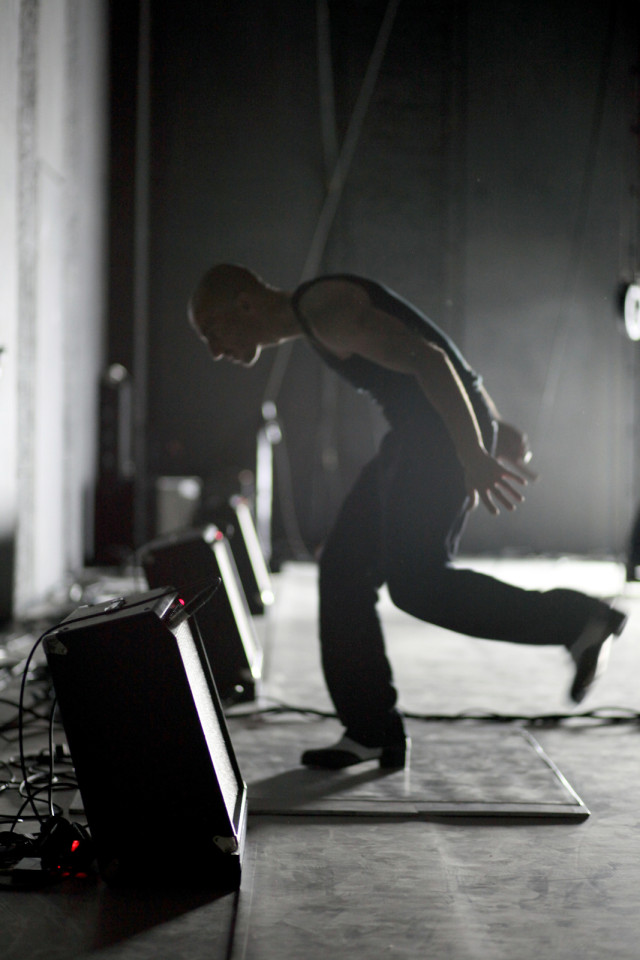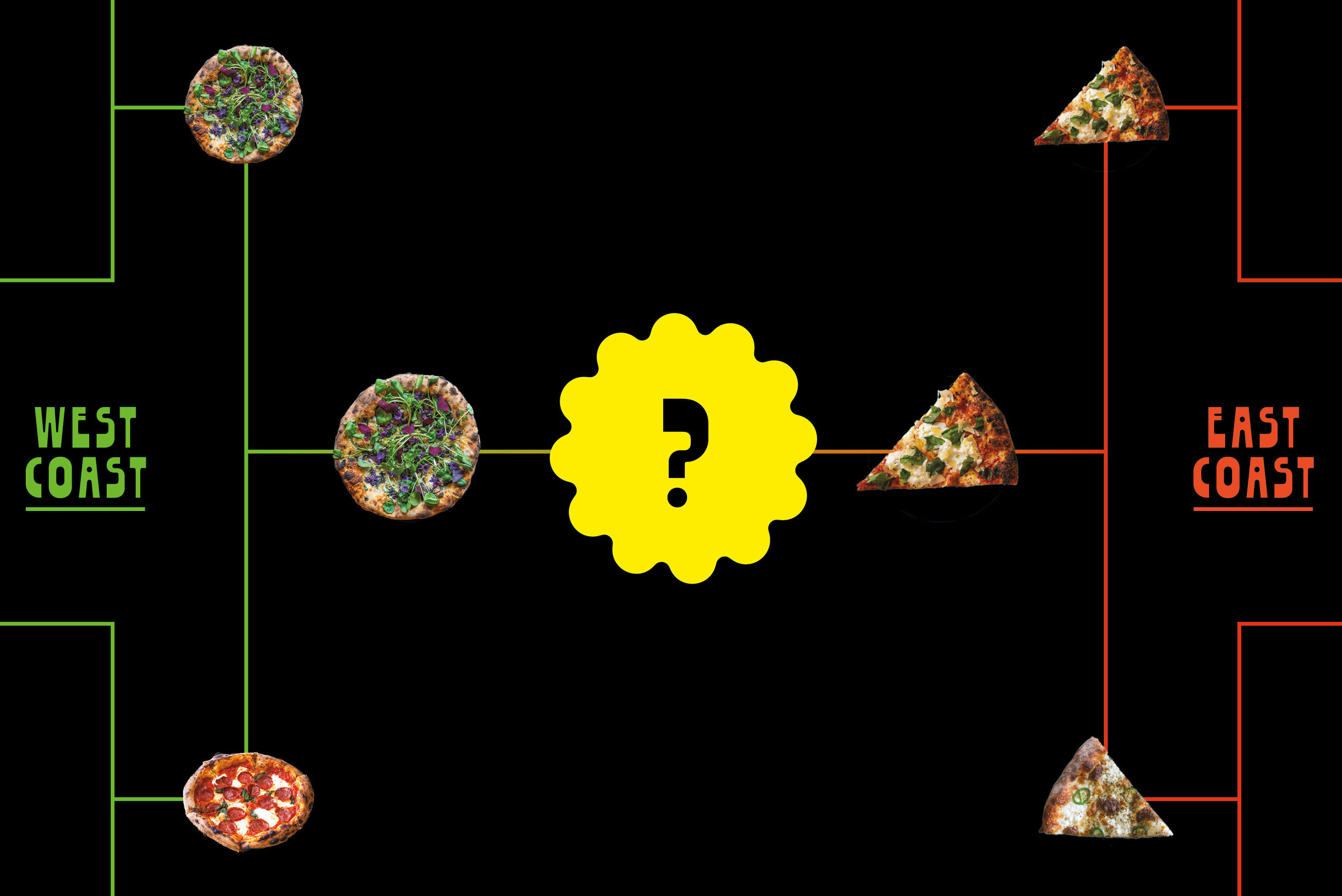TBA 2011: Rachid Ouramdane

Image: Patrick Imbert
“The experience of the piece is not coming only from the stage. It needs the participation of the audience. The contract of the piece is based on the capacity I will have the day of the performance to establish this [relationship]. Not by speaking. Just by giving time.”
That was the French choreographer Rachid Ouramdane speaking on Thursday about World Fair, a solo dance (performed with the composer Jean-Baptiste Julien) which had its American premiere yesterday at the Winningstad Theatre.
I loved him for saying this—the vulnerability and the confidence of it, especially coming on the heels of his having told Cathy Edwards, who was interviewing him at one of those noontime chats, that he wasn’t so sure he had yet succeeded in this establishing, that he was “still trying to figure that out.”
I so wanted to fulfill my end of the contract. I first saw Ouramdane’s work a few years ago in New York, and it seemed that I was pretty much the only person in the free world who wasn’t in love with his work. Taste is taste, marvelously subjective and bewildering—but when so many people whose opinion I respect are raving about an artist who interests but doesn’t dazzle me, I always want a second and a third look to see what I’m missing.
Well, shoot. Whatever it is, I’m still missing it. Ouramdane’s work is accomplished and polished, and he is a gorgeous mover, creaturely and elegant and smart and spooky … but, as with my previous encounters, on Friday I found myself sliding off the slick surfaces of his craft. I got alienated—which can be a really interesting thing to have happen to you with an artist, but doesn’t seem to be what he’s after.
In World Fair Ouramdane sets his body through a process of constant negotiation: with itself, with the objects on stage, with menacing and iconic self-portraits. Again and again he straightens into rigid, martial salutes, the salutes of a dictator, only to wiggle out of and through them. All of this information and history in the body—some of it personal, some of it cultural, some received—and what to do with it? How to live in the present time, the present moment?
At the noontime chat, a woman asked Ouramdane about all of the pain and darkness in his work (World Fair comes to New York later this fall, where it will be paired with Ordinary Witnesses, a work which utilizes the testimony of torture survivors). He took a long and thoughtful time answering this question.
“This notion of pain, which is really present in the world—I’m trying to reach something beyond that…To get to the certain reality of a situation, just to describe the facts are not enough,” he said (he was referencing a Rwandan writer’s approach to capturing that country’s recent history; I didn’t catch the name). “If you are just listening to heavy testimony, usually you are just stuck—the separation between your imagination and the real experience cannot be bridged.”
I stayed unhappily stuck. But hope springs eternal, every time we walk into the theater. Maybe with Ordinary Witnesses I’ll figure out my way over the bridge.
For more about Portland arts events, visit PoMo’s Arts & Entertainment Calendar, stream content with an RSS feed, or sign up for our weekly On The Town Newsletter!




